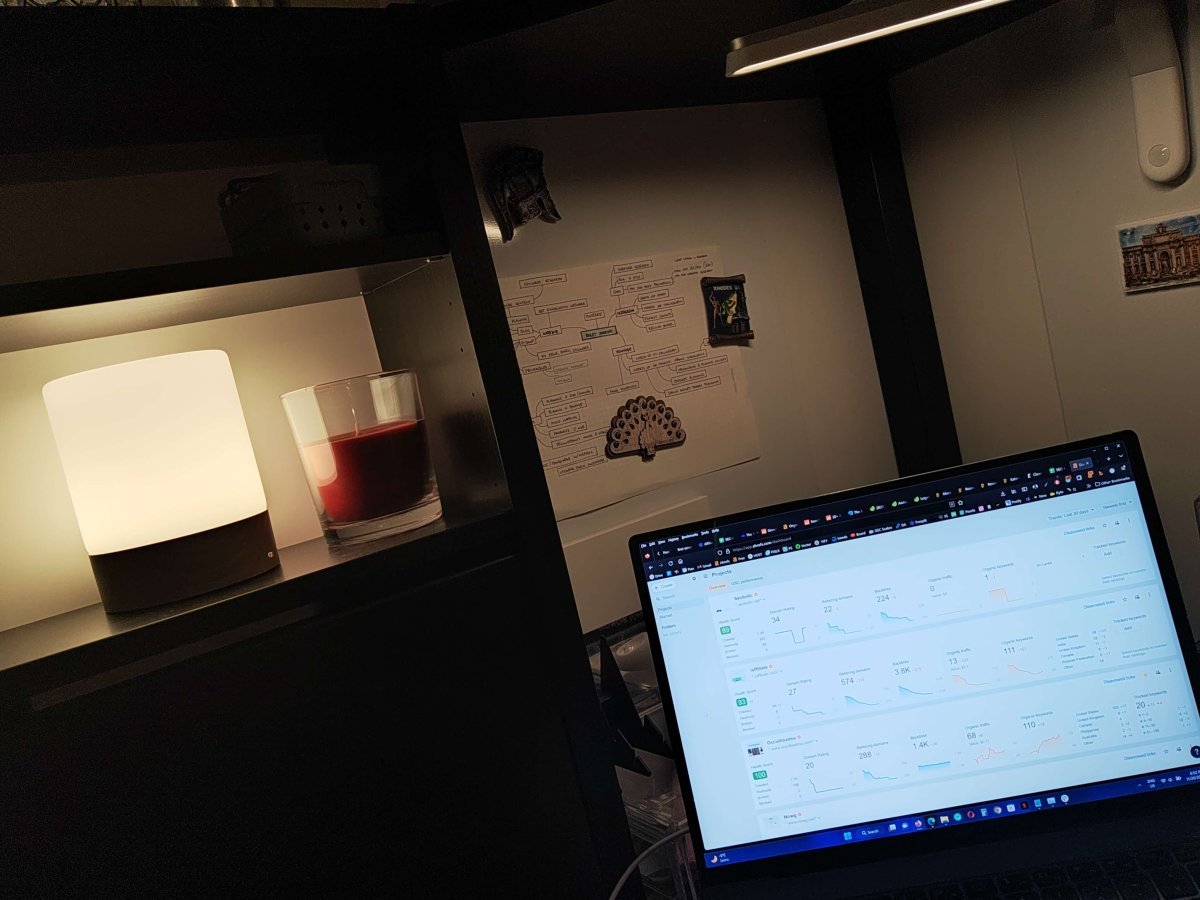Are you curious about the day-to-day responsibilities of ambassadors? Wondering what ambassador duties and responsibilities entail? Look no further! In this article, we will take a closer look at the role of ambassadors in international relations. From diplomatic functions to representing national interests, ambassadors fulfill a diverse range of roles that contribute to the global landscape.
Whether you are interested in pursuing an ambassador job description or simply want to know more about diplomatic roles, this article will provide a comprehensive guide on what ambassadors do. Let’s explore the world of diplomacy together.

Understanding the Role of Ambassadors in Diplomacy
If you want to know what ambassadors do, it’s crucial to understand their diplomatic role. As representatives of their countries, ambassadors play a vital role in establishing and maintaining international relations.
An ambassador’s responsibilities and duties include:
- Representing their country abroad
- Negotiating with foreign governments
- Acting as advisors to their home government
- Promoting national interests
- Building and maintaining relationships with foreign governments and organizations
This table provides a more detailed overview of the ambassador’s role in diplomacy:
| Role | Description |
|---|---|
| Representative | Acting as the official representative of their country |
| Negotiator | Engaging in dialogue, negotiation, and communication with foreign officials |
| Advisor | Providing valuable insights, analysis, and recommendations on foreign policy and international developments to their home government |
| Promoter | Advocating for their country’s interests and policies on the global stage |
| Cultural Ambassador | Fostering connections with local communities and promoting cultural diplomacy |
Ambassador Duties and Responsibilities
As an ambassador, your duties and responsibilities are extensive and vital to your country’s interests. Some of the core tasks and functions you will undertake include:
- Representing your country at international events, conferences, and meetings.
- Conducting diplomacy on behalf of your government to advance national interests and enhance relationships with other countries.
- Managing diplomatic missions and overseeing the work of embassy staff.
- Advocating for your country’s policies and positions on various issues.
- Gathering and analyzing information about foreign developments and reporting your findings to your government.
- Providing advice and recommendations to your government on foreign policy and security matters.
- Building and maintaining relationships with local communities and cultural institutions.
- Managing crises and conflicts to protect national interests and maintain peace.
As an ambassador, you are often the face of your country abroad and have the significant responsibility of shaping international relations. Understanding your duties and responsibilities is key to fulfilling your diplomatic role and safeguarding your country’s interests.
Key Functions of Ambassadors
As ambassadors play a significant role in maintaining diplomacy between countries, they undertake various functions to ensure smooth communication and cooperation. Here are some key functions fulfilled by ambassadors in their diplomatic positions:
| Function | Description |
|---|---|
| Negotiators | Ambassadors negotiate agreements, treaties, and trade deals with foreign governments to strengthen relations between countries and promote their national interests. |
| Advisors | Ambassadors advise their governments on issues related to foreign policy, security, and international developments. They provide valuable insights, analysis, and recommendations that shape national policy decisions. |
| Information Gatherers | Ambassadors collect and analyze information about the political, economic, and social conditions of the host country. They gather intelligence and report it back to their governments, providing critical perspectives on international developments. |
| Cultural Ambassadors | Ambassadors are responsible for promoting their country’s culture and values abroad. They organize cultural events, exchange programs, and arts exhibitions to foster mutual understanding and respect between countries. |
As you can see, ambassadors perform a multitude of tasks to serve their countries and promote international cooperation. Through negotiation, advice, information gathering, and cultural diplomacy, ambassadors are vital players in maintaining peaceful and prosperous relations between nations.
Representing the Country
As an ambassador, one of your key duties is representing your country on the international stage. This involves interacting with foreign governments, organizations, and individuals to foster relationships, promote national policies, and advocate for your country’s interests. Your role as a representative of your country involves maintaining a professional demeanor, presenting a positive image of your country, and upholding its values and traditions.
Whether you are attending diplomatic events, engaging in public diplomacy initiatives, or participating in bilateral talks, representing your country is an essential part of your role. Through your interactions, you have the power to shape perceptions and attitudes towards your country, and influence the direction of international affairs.
Conducting Diplomacy
As an ambassador, one of your primary duties is conducting diplomacy. This entails engaging in dialogue, negotiation, and communication with foreign officials to represent your country’s interests. Effective diplomacy requires a range of skills and strategies, including:
- Active Listening: This means hearing not only the words being spoken but also the underlying message and being able to read between the lines to gain a better understanding of what the other party is trying to convey.
- Communication: Clear and effective communication is key in diplomacy. You must be able to articulate your country’s positions in a way that is understood and respected by others.
- Problem-Solving: Diplomacy often involves resolving conflicts and finding solutions to complex issues. Strong problem-solving skills are essential to achieving positive outcomes.
- Cultural Awareness: A good diplomat has an appreciation for cultural differences and understands how they may impact negotiations. Having an awareness of cultural norms and customs is important to building relationships and avoiding misunderstandings.
Successfully conducting diplomacy requires a delicate balance of tenacity and tact. You must be assertive enough to advocate for your country’s interests but also diplomatic enough to maintain relationships and avoid causing offense.
Managing Diplomatic Missions
As an ambassador, one of your key responsibilities is managing the diplomatic mission in your host country. This involves overseeing a range of tasks that ensure your mission is representing your country’s interests and values effectively.
Some of the administrative tasks that you may undertake in managing a diplomatic mission include budgeting, planning, and coordinating events. You may also be responsible for managing staff, including recruitment, training, and performance evaluations. Ensuring the safety and security of your mission is also crucial to achieving your diplomatic objectives.
Logistical aspects of the job may involve organizing travel arrangements, arranging meetings with government officials, and maintaining regular contact with your country’s foreign ministry. Additionally, one of your core duties as ambassador involves representing your country in various diplomatic meetings and forums. This may require extensive travel and demanding schedules.
It’s essential to maintain open communication with your embassy staff and foster a positive work culture that promotes productivity and motivation. By managing your diplomatic mission effectively, you can ensure that your country’s interests are being promoted and advanced at the international level.

Building and Strengthening Relationships
As an ambassador, it’s crucial to build and strengthen relationships between your country and the host country. This involves engaging in cultural and public diplomacy and fostering connections with local communities.
The significance of cultural diplomacy cannot be overstated as it plays an essential role in creating an enduring bond between nations. By showcasing your country’s unique culture and values, you can foster mutual understanding, empathy, and respect.
Public diplomacy helps raise awareness about your country’s policies, values, and beliefs, among others, in the host country. By collaborating with local media, NGOs, and other organizations, you can promote your country positively and counter negative images that may exist.
In conclusion, building and strengthening relationships is a key responsibility of an ambassador. To achieve this, they must engage in cultural and public diplomacy and foster connections with local communities to create mutually beneficial relationships between the countries.
Providing Advice and Analysis
As ambassadors are responsible for representing their country’s best interests abroad, they serve as critical sources of advice and analysis to their respective governments. Your role as an ambassador includes providing expert insights and recommendations to policymakers on a range of foreign policy issues and other developments that impact your country’s diplomatic relations.
By leveraging your diplomatic skills, language proficiency, and cultural knowledge, you can provide invaluable analysis on a wide array of topics, including security threats, economic trends, political shifts, and social issues. Drawing on your extensive experience and understanding of the local context, you can ensure that your government makes informed decisions that align with your country’s long-term strategic interests.
Overall, your ability to provide timely, insightful advice and analysis is a key component of your role as an ambassador. By leveraging your expertise, you can play a critical role in shaping your country’s foreign policy agenda and promoting global stability and prosperity.
Crisis Management and Conflict Resolution
As an ambassador, you play a crucial role in managing crises and resolving conflicts. Whether faced with political unrest, natural disasters, or security threats, it’s your responsibility to navigate complex situations and protect your country’s interests.
You must be adept at mediating disputes, promoting peaceful resolutions, and building consensus among stakeholders. Your task is not only to understand the situation at hand but also to find creative solutions to avoid escalation into larger conflicts.
When dealing with crises, it’s essential to communicate effectively with local and national authorities, to cooperate with international organizations, and to coordinate with your country’s foreign office. Your actions and decisions can be a difference-maker in times of crises, and your leadership and diplomatic skills will be tested. Remember that your primary goal is always to ensure the safety and security of your fellow citizens and further promote your country’s objectives.

Examples of Crisis Management and Conflict Resolution
| Country | Crisis | Resolution |
|---|---|---|
| United States | September 11 attacks | The US created a coalition of countries to combat terrorism, with multilateral cooperation at the forefront of the response. |
| Denmark | Cartoon controversy | The ambassador focused on political dialogue and emphasized that while the government respected religious sensibilities, freedom of speech was a fundamental valyue and would be defended. |
| South Africa | Zimbabwe crisis | The ambassador coordinated with regional organizations such as the Southern African Development Community (SADC) and helped facilitate negotiations between Zimbabwean political factions to resolve the situation peacefully. |
Collaborating with International Organizations
As an ambassador, you are not only responsible for representing your country but also for collaborating with international organizations. You’ll work with various organizations such as the United Nations, regional bodies, and intergovernmental agencies. Your role will be crucial in promoting global cooperation and addressing global challenges.
Working with international organizations requires a thorough understanding of the organization’s culture, goals, and objectives. You’ll need to be adept at building and fostering relationships with key personnel in the organization and collaborating on issues that are of mutual concern.
The Role of an Ambassador in International Organizations
As an ambassador, your role in international organizations will involve:
- Advocating for your country’s interests and promoting national policies
- Participating in negotiations on issues of international significance
- Collaborating with other countries to promote global cooperation
- Providing a point of contact for your government and international organizations
You’ll need to have strong diplomacy and negotiation skills, be able to communicate effectively, and be knowledgeable about global issues affecting your country and others.
Conclusion
Now that you have gained a deeper understanding of the roles and responsibilities of ambassadors, you can appreciate the vital work they do in shaping diplomatic relations and promoting global cooperation. From representing their country’s interests to conducting diplomacy, managing missions, and fostering relationships, ambassadors play a critical role in maintaining peace and stability in our world.
With their unique set of skills and expertise, ambassadors work tirelessly to manage crises, resolve conflicts, and promote peaceful solutions. Their efforts promote the interests of their country while contributing to global efforts to tackle international challenges.
By understanding their duties and responsibilities, you can recognize the significant impact ambassadors have on national and international levels. Whether it’s building relationships or providing advice and analysis, ambassadors are essential in shaping the diplomatic landscape and influencing global affairs.
In conclusion, ambassadors are the unsung heroes of diplomacy. Without their tireless work and dedication, international cooperation and peace would be far more challenging to achieve. So, the next time you hear about an ambassador, remember the essential role they play in our world.


![15 Best Affiliate Recruitment Software Tools [2025 Update] - 15 Best Affiliate Recruitment Software Tools [2025 Update] -](https://www.toptut.com/wp-content/uploads/2024/01/affiliate-recruitment-software-1.png)






